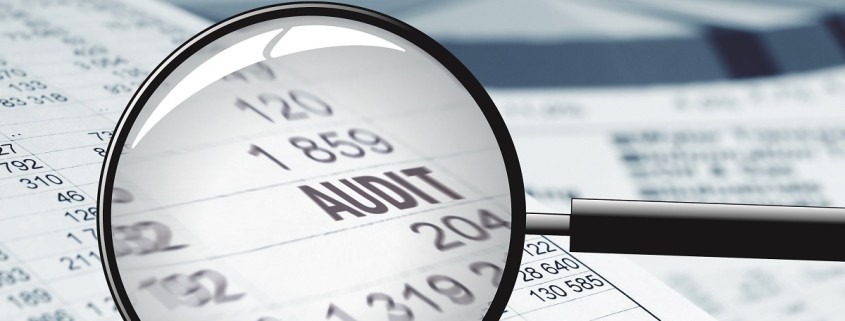Auditors: An SMSF essential
Auditors play a crucial role in the compliance regime of self managed superannuation funds (SMSFs). The legislation that governs the SMSF sector requires that accounts, statements and all compliance needs of an SMSF be audited every year by an “approved auditor”*.
Failing to have an audit completed can lead to punishing penalties being imposed by the regulator (the Tax Office) as well as risk having your fund deemed non-compliant and losing its tax concessions.
You cannot lodge your SMSF annual return until you have had your SMSF audited. This is because you need information from the audit report to complete the regulatory information in the return.
Broadly, your auditor is required to do the following:
- Examine your fund’s financial statements
- Assess your fund’s overall compliance with the super law
- Provide you with an audit report by the day before you are required to lodge your SMSF annual return
Some of the compliance issues that your auditor will keep an eye out for are:
- Was the fund maintained for the “sole purpose” of providing benefits to either members on retirement or dependants (in the case of a member’s death)?
- Does the fund meet the definition of an “SMSF” and has it chosen to be a regulated fund?
- Does the trust deed and character of investments reflect this?
- Does the fund have an investment strategy that complies with investment restrictions?
- Did the fund give financial assistance to a fund member or relative?
- Are the fund’s SMSF assets separate from those held by trustees personally?
- Do trustees adhere to contribution and benefit payment standards?
- Were any assets sold, and was this at market value?
- Do trustees carry out administrative obligations?
After the process is finalised your auditor will provide you with the following documents:
- A letter of audit engagement – confirms the appointment of the auditor by you and the scope of the audit to be conducted
- Audit working papers – documents that record the planning, nature, timing and extent of the procedures of the audit process
- A management letter or audit finalisation report – provides a summary of the audit findings
- A copy of final, signed financial report of the fund and relevant accounting records that support the statements for the income year under review
- A copy of the audit report on the approved form – this includes the auditor’s opinion and qualifying remarks if any (you should keep copies of this for at least seven years).
Note that an audit is required even if no contributions or payments are made in the income year. It is worth noting however that when it comes to an annual return, the Tax Office’s system will not accept one if at the end of the financial year, the SMSF has no assets or no members unless that is the year the fund is wound up.
*Check that the auditor you intend to appoint is registered with the Australian Securities and Investments Commission.













